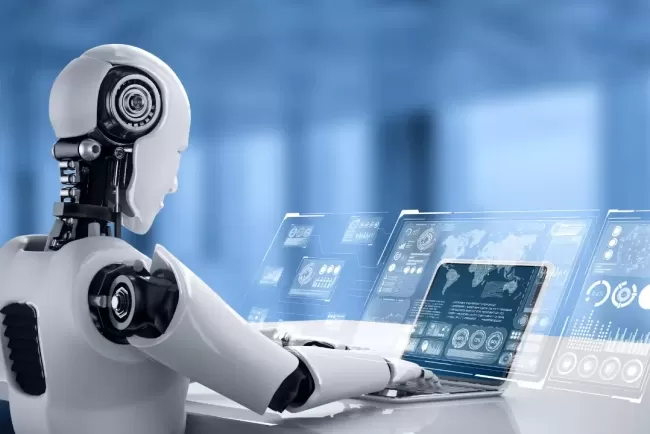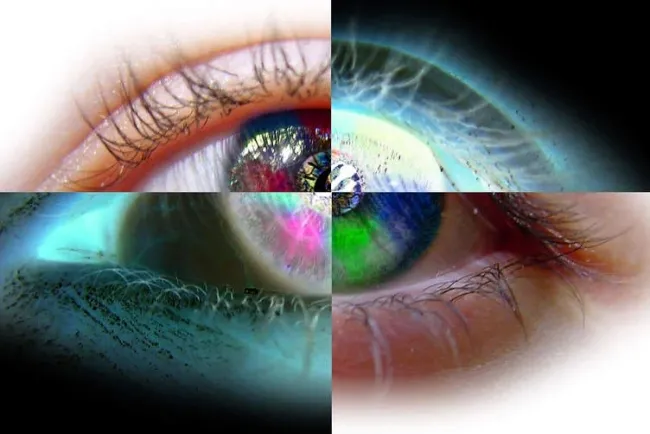Microsoft's Journey: Pioneering Personal Computing and Beyond...!!!
Founded by Bill Gates and Paul Allen on April 4, 1975, Microsoft has evolved into one of the most influential technology companies globally. Based in Redmond, Washington, Microsoft has been a pioneer in personal computing and software development, leaving a significant mark on various industries and molding the modern digital landscape.
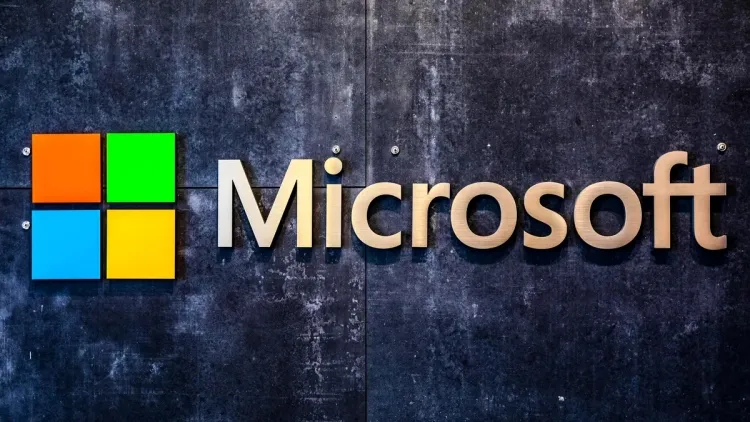
Early Years and PC Revolution
Microsoft's initial breakthrough came with its MS-DOS operating system, which was licensed to IBM for its first personal computer, the IBM PC, in 1981. This partnership catapulted Microsoft into the spotlight, and by the mid-1980s, the company had become a leading force in the software industry. The release of Microsoft Windows in 1985, a graphical extension for MS-DOS, marked the beginning of widespread adoption of graphical user interfaces (GUIs) in personal computing.
Windows and Office Suite
Throughout the 1990s, Microsoft continued to innovate and expand its product offerings. The launch of Windows 95 in 1995 was a significant milestone, introducing features such as the Start menu and taskbar, which became staples of the Windows operating system. The subsequent releases of Windows 98, Windows 2000, and Windows XP further cemented Microsoft's dominance in the OS market.
In addition to its operating systems, Microsoft developed the Office suite, a collection of productivity applications that include Word, Excel, PowerPoint, and Outlook. The Office suite became an essential tool for businesses and individuals, significantly contributing to Microsoft's growth and profitability.
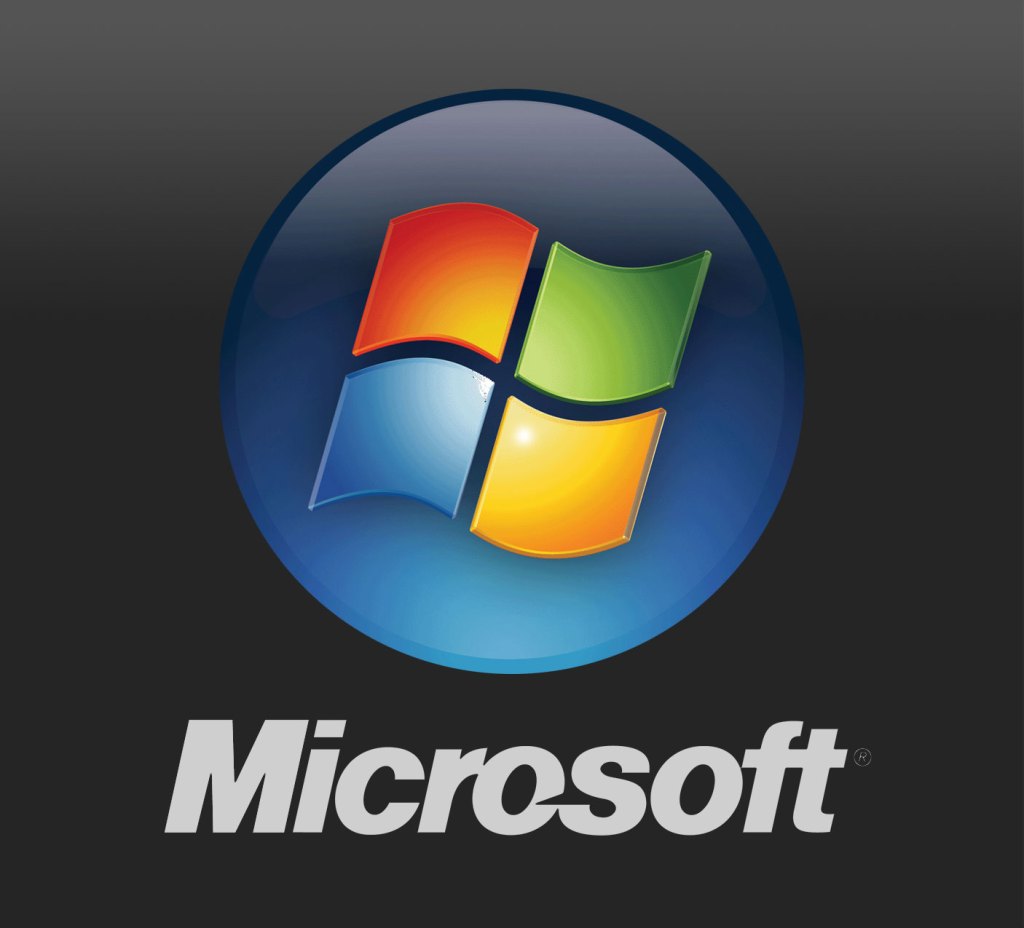
Expansion and Diversification
As the technology landscape evolved, Microsoft diversified its product portfolio to encompass a wide range of software and hardware products. The company entered the gaming industry with the release of the Xbox console in 2001, which has since become a major player in the gaming market with subsequent iterations like the Xbox 360, Xbox One, and Xbox Series X|S.
Microsoft also ventured into cloud computing with the launch of Azure in 2010. Azure is a comprehensive cloud services platform that offers computing, storage, and networking solutions, enabling businesses to build, deploy, and manage applications at scale. The success of Azure has positioned Microsoft as a key competitor in the cloud computing market, alongside Amazon Web Services (AWS) and Google Cloud Platform (GCP).
Acquisitions and Strategic Partnerships
To enhance its product offerings and enter new markets, Microsoft has made several high-profile acquisitions over the years. In 2011, the company acquired Skype, a leading provider of video and voice communication services. In 2016, Microsoft acquired LinkedIn, the world's largest professional networking platform, further expanding its reach in the enterprise sector.
One of Microsoft's most significant acquisitions came in 2018 when it acquired GitHub, a popular platform for software development and version control, for $7.5 billion. This acquisition strengthened Microsoft's position in the developer community and underscored its commitment to open-source software.
AI and Emerging Technologies
Microsoft has been at the forefront of developing and integrating artificial intelligence (AI) and machine learning (ML) technologies. The company's AI research division, Microsoft Research, has made significant advancements in areas such as natural language processing, computer vision, and robotics. Microsoft Azure AI provides a suite of AI services that enable developers to build intelligent applications, furthering the company's influence in the AI space.
In recent years, Microsoft has also focused on developing technologies related to the Internet of Things (IoT), augmented reality (AR), and mixed reality (MR). The HoloLens, a mixed reality headset, showcases Microsoft's innovation in AR/MR, offering applications in fields such as healthcare, manufacturing, and education.
Corporate Social Responsibility and Sustainability
Microsoft is committed to corporate social responsibility and sustainability. The company has set ambitious goals to reduce its carbon footprint and become carbon negative by 2030. Microsoft is also dedicated to promoting digital inclusion and accessibility, ensuring that technology benefits people of all abilities and backgrounds.
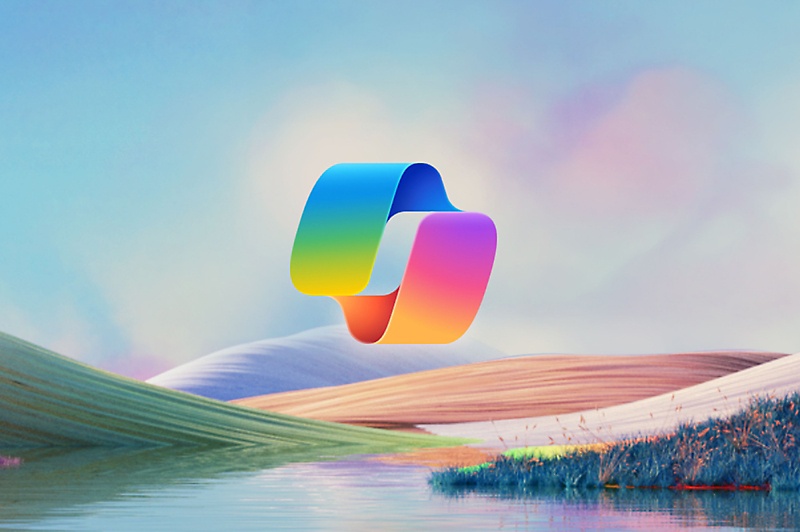
Microsoft's journey from a small software startup to a global technology giant is a testament to its innovation, adaptability, and commitment to excellence. With a diverse product portfolio, a strong focus on emerging technologies, and a dedication to social responsibility, Microsoft continues to shape the future of technology and make a positive impact on the world.
What's Your Reaction?







